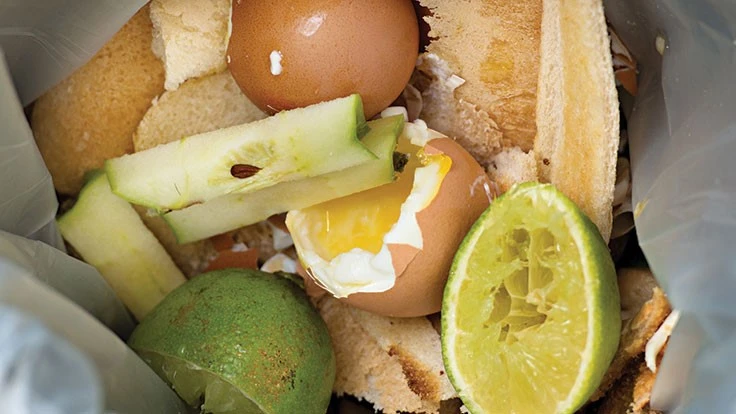
New York City Department of Sanitation Commissioner Kathryn Garcia made news May 18 when she announced that the spread of curbside organics recycling programs throughout New York would be unexpectedly halted. The city’s curbside organics program, which currently serves 3.5 million residents in 24 communities, was slated to be rolled out to all city residents by the end of 2018.
According to Gothamist, the program, which was originally introduced by Mayor Michael Bloomberg in 2013, hasn’t received the participation city officials hoped it would generate to date. As indicated by 2017 Department of Sanitation data, only 3 percent of the organic material being collected in the city is being recycled. The other 97 percent is being treated as regular waste, which is sent to landfill.
The reason for the anemic recycling rate is uncertain; however, contamination could be a central factor precluding the waste from being effectively treated.
Garcia noted that the Department of Sanitation is going to spend the next several months trying to finetune the program before moving forward.
"We believe that for the program to be successful over the long term, we must ensure New Yorkers are getting the very best service when curbside organics collection reaches their neighborhood," Garcia says. "To achieve this, the city is evaluating its current service with the goal of increasing efficiencies and streamlining the program."
The organics program, which is a major tenet of the city’s 2030 zero waste goal, will remain unaffected in the regions in which it is currently deployed.
Latest from Waste Today
- Maryland EPR bill awaits signature
- Heartland appoints CEO
- Study finds recycling symbols largely recognizable
- Reworld announces executive leadership transitions
- Designing for the future
- Reconomy makes US acquisition
- ReMA board to consider changes to residential dual-, single-stream MRF specifications
- Miller Environmental Group Inc. appoints CEO





